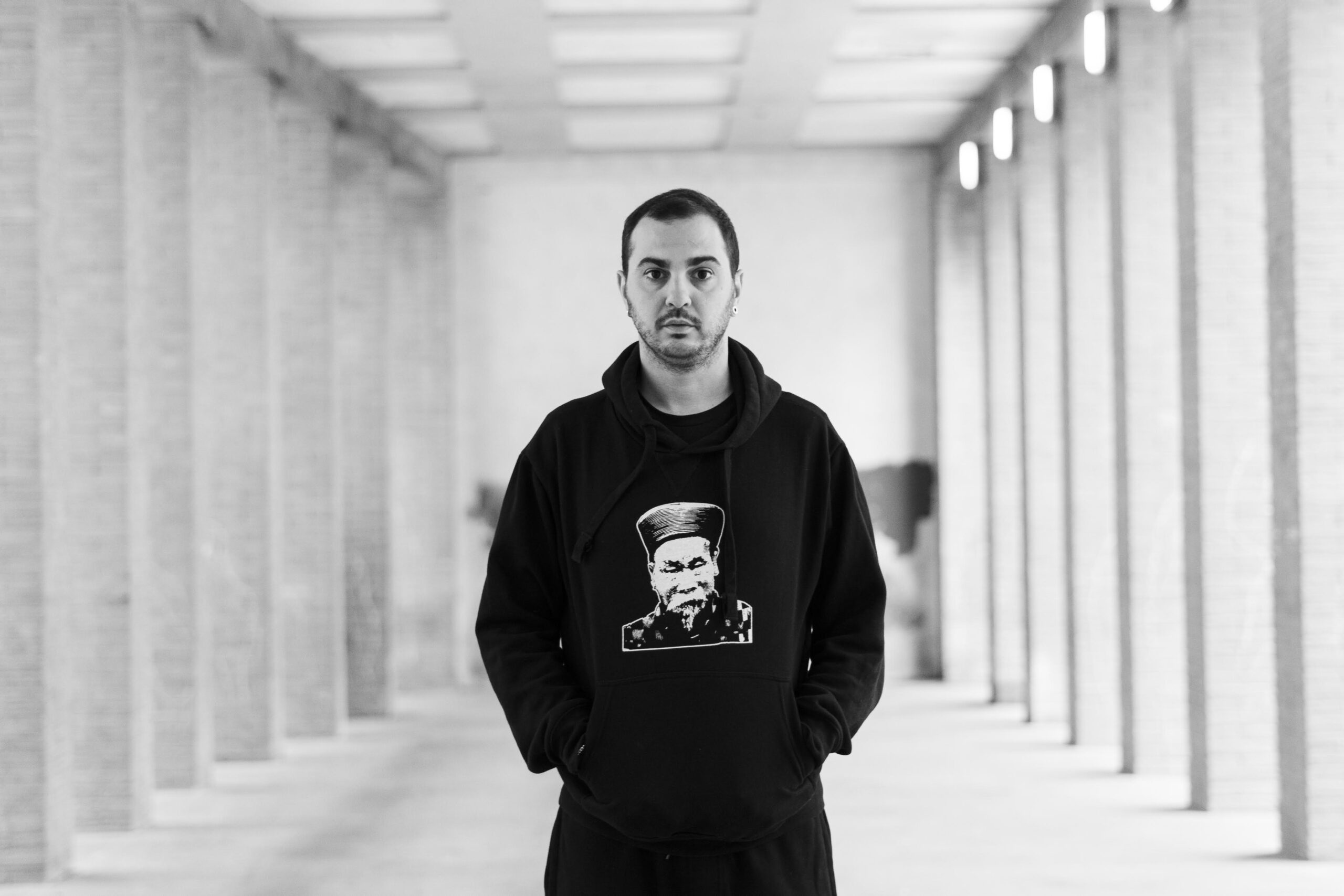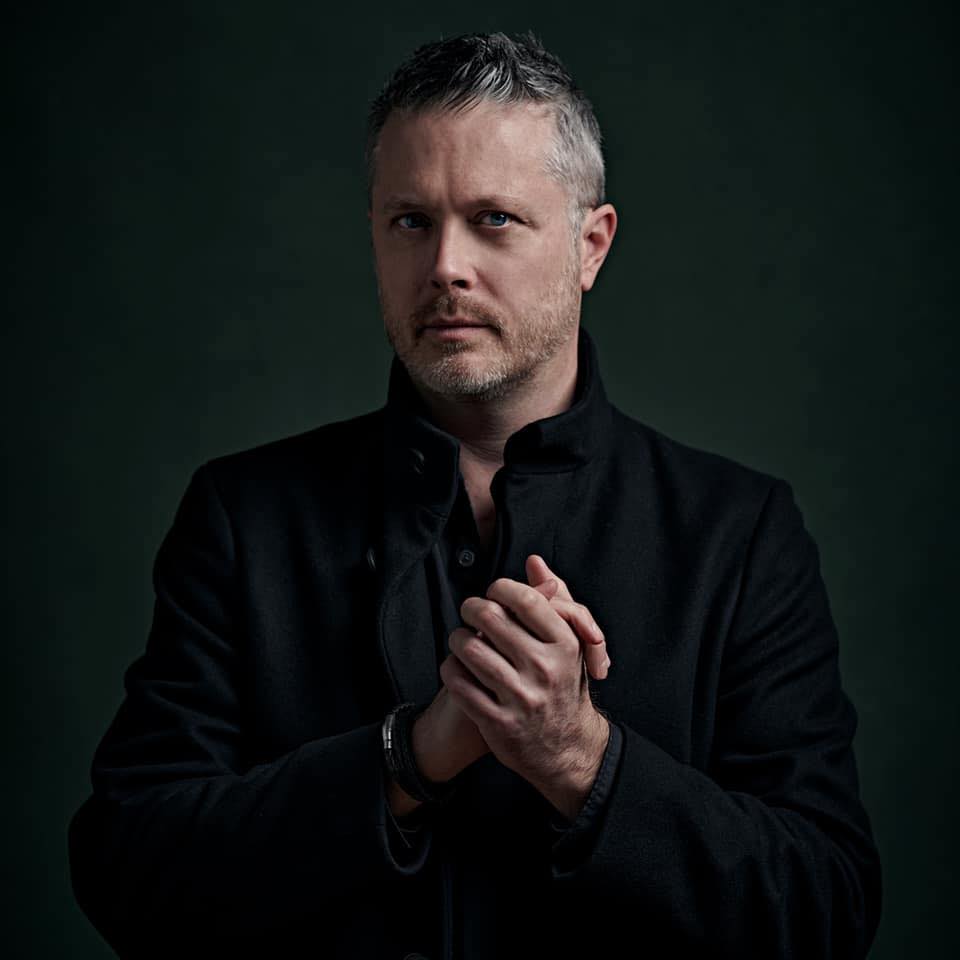Category: Questions & Answers
-

Magazine Sixty Interview with Matthew Oh
Matthew Oh is both an exceptional DJ and producer whose dub-enriched sounds capture intelligence and emotional resonance in equal measure. Read our in-depth interview with the artist as he gathers thoughts on the creative process, club culture, and more. Welcome to Magazine Sixty, Matthew. Let’s start by asking what attracted you to the sounds of…
-

Magazine Sixty Interview with Afterlife & Moonseed
Ahead of a forthcoming album this beautifully realised collaboration between Afterlife and Moonseed is destined to sound like one of 2024’s very definite highlights. We talk to both artists involved about the creative process, the power of the internet, the adorning artwork, and the meaning permeating the music itself. Tell us how the collaborative process…
-

Magazine Sixty Interview with Jonny Mac (Warriors of the Dystotheque)
Magazine Sixty Interview with Jonny Mac (Warriors of the Dystotheque) talking about their acclaimed, brilliant new album – It’s A Beautiful Thing, music culture, and the art of songwriting, plus more, in this in-depth dive into the artist’s psyche. Welcome to Magazine Sixty, Jonny. How did you get introduced to music growing up? Are there…
-

Magazine Sixty Interview with Diego Roca (Ro-k)
We talked recently with acclaimed DJ Diego Ro-K about his current The Deal EP for MFF co-produced alongside Diego Cid as D+D, his history, and thoughts on the current DJ and music culture. Welcome to Magazine Sixty, D + D (Diego Ro-K and Diego Cid). Let’s start with how you got into DJ’ing, who were…
-

Magazine Sixty Interview with DJ Counselling
Magazine Sixty Interview with DJ Counselling who talks in-depth about influences, creative technique, and his stunning new album Alt-Mobeat. Welcome to Magazine Sixty, Ash. I’m glad you have taken the time to answer some questions on the nature of your continuing, significant work. While your music is often uplifting (in the soulful sense of the…
-

Magazine Sixty Interviews Ammonite
Having just released a brilliant debut album Blueprints for Ransom Note vocalist and creative composer Ammonite talks to Magazine Sixty about all things musical and about forthcoming live performance on July 12 at The Albany Studio (London) for Unravel. Welcome to Magazine Sixty, Amy. You Don’t Know Me will remain one of my favourite pieces…
-

Magazine Sixty Interviews Shcaa
Magazine Sixty Interviews Shcaa on his latest brilliant release, Neptune alongside thoughts on innovative music production and cultural process in this thought-provoking conversation. Welcome to Magazine Sixty, Shcaa. The music you create sounds like acombination of mystery and intrigue, forward-thinking impulses, touches ofmelody, and a deeper exploration of emotion. How would you describe whatyou seek…
-

Magazine Sixty Interview with Kered (Loot Recordings)
Magazine Sixty Interview with Kered (Loot Recordings). Greg Fenton talks to the DJ, Producer, and owner of Loot Recordings as they celebrate ten years as a label. Read Kered’s considered thoughts on the culture of music here. Welcome to Magazine Sixty, Kered. Let’s start at the start. Before getting into dance music can you tell…
-

Sebastian Vaughan (Wave Arising) Interview
Welcome to Magazine Sixty, Sebastian. Tell us about your first introduction to electronic / dance music, and can you remember any specific records to accompany the experience? Has that formative excitement ever waned? Hi, before I start thanks to you and Sixty Magazine for the opportunity tocommunicate. I began making music as a drummer, so…
